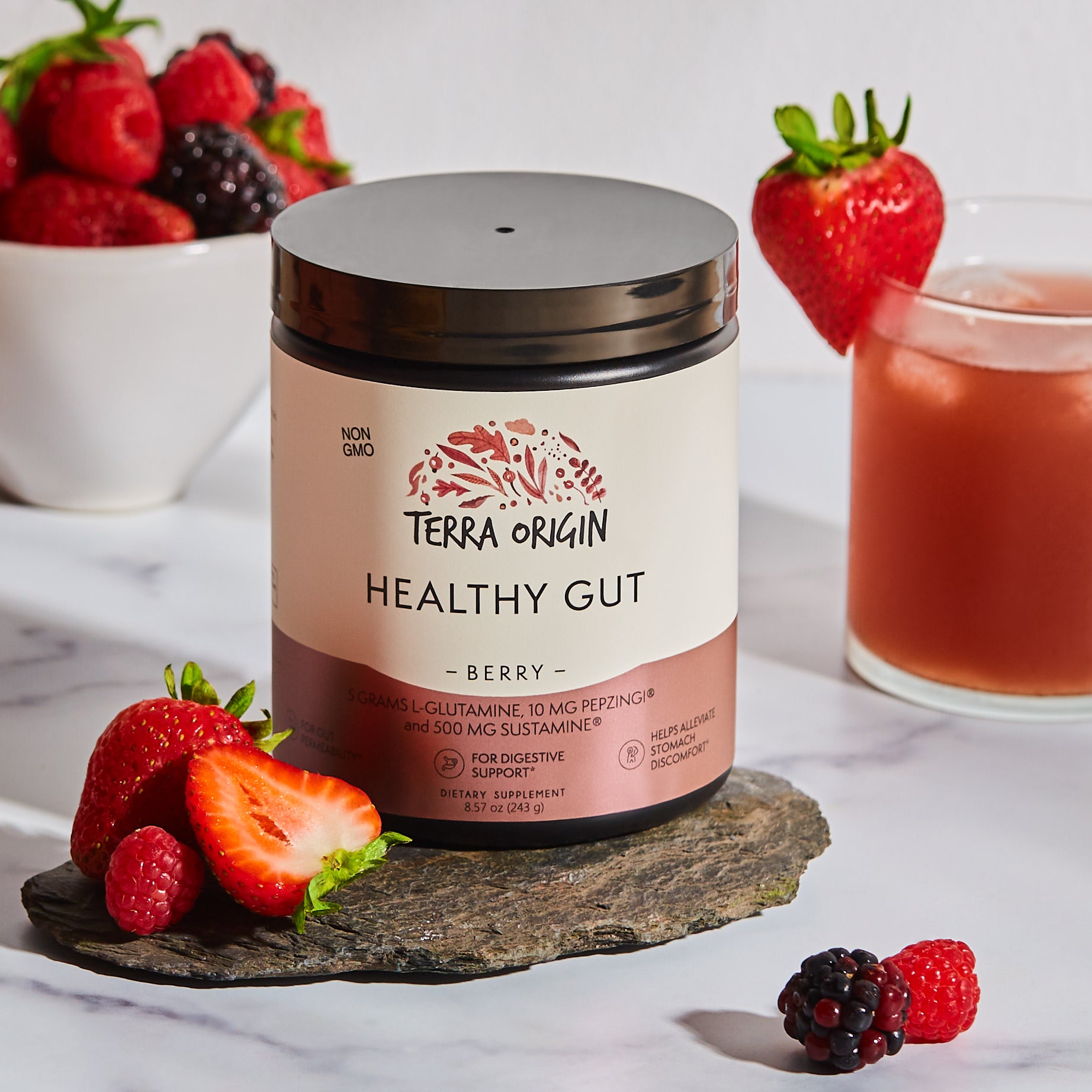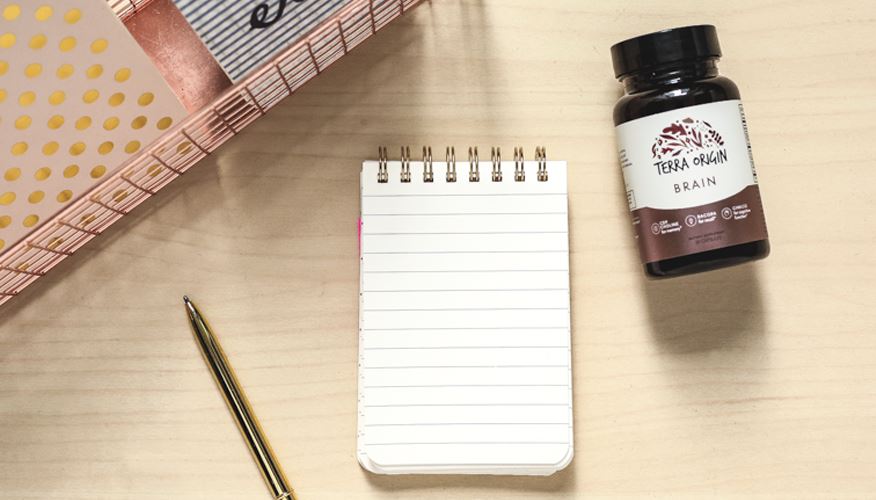What's the Deal with Sugar

Post Fact Checked by Dr. Jason Cavolina, MS, PharmD
Don’t eat carbohydrates. Wait, that’s wrong. Don’t eat fat. That one was wrong again. Don’t eat sugar. This time we may have found the real culprit to weight gain and possibly many diseases. When studying the body, certain macronutrients were found to be essential for biological processes and survival. Carbohydrates, fats and proteins. Sugar did not make that list because it is not a macro, meaning in large doses. It’s not even a micronutrient. Yet, we tend to have it in every drink, meal, condiment and snack.
It’s time to take a serious look at sugar in our daily diets and how it impacts the functioning of our body. We must admit we’re not doctors or rocket scientists, but there is enough proven research available to give us a good idea of what sugar does and why we should be cutting it out as much as we can.
The evidence is in. There are many studies that link sugar intake to high levels of triglycerides, the bad cholesterol, which increases fatty deposits in your arteries. Sugar also causes irregular blood sugar levels, problematic blood pressure and increased inflammation. These all significantly increase the risk of heart disease.
Most of us are already aware that too much sugar over many years is inextricably connected to diabetes which has now reached epidemic levels in the United States. Constant consumption of sugar creates insulin resistance in the body which hinders its function and creates a sharp rise in blood sugar.
If you feel certain you are not at risk for heart disease or diabetes, it is worth taking a look at how sugar impacts our looks. Sugar is directly related to weight gain and obesity. The main source of sweetener in most packaged foods and beverages is fructose, also found in fresh fruits. Not only does this sugar get processed and stored as fat if not used, it also triggers a reaction in the brain which activates hunger hormones and makes us crave more high calorie foods. The study was done with fructose and glucose, which is the sugar found in complex carbs and vegetables, and the glucose foods actually suppressed hunger while having a higher blood sugar and insulin response.
If you must get a sugar fix, opt for carrots instead of the fruit juice. Look for ways to get your smoothies and fruit nutrients with less sugar like Terra Origin’s Healthy Tropical SuperFoods with only 3 grams per serving or the Citrus Healthy Skin Boost which uses stevia to naturally sweeten without added sugar.
Many of you workout regularly, so gaining weight is not on your radar, but do you enjoy your skin? Studies have linked a diet in high glycemic index foods to increased oil production, androgen secretion and inflammation which all can bring us back to those teenage years of acne! Only this time, it can break-out anywhere on your body. They’ve also shown that sugar is detrimental to our skin cells and can speed up cellular aging and accelerate the aging process of our skin. This means fighting more lines, wrinkles and a loss in collagen and elastin. Thin and saggy faces at 50, no thank you!
Though there are many more risks that have been tied to a high sugar intake, we only want to mention two more that can affect our mental health. A trial following men and women who consumed processed, high sugar foods for 22 years showed a sharp increase in the risk of chronic depression. When your blood sugar is all over the map it causes neurotransmitter dysregulation and inflammation which upset the balance of your happy hormones sending you into a slump. You may have temporarily felt this in the crash after a sugary splurge.
Lastly, we wanted to point out the heavy drain sugar has on your overall energy levels. When sugar is consumed with fats or proteins, it is slowly and steadily metabolized, but when we have a sweet snack, even a natural one like organic juice or a banana, our blood sugar levels spike. Then they crash. This repeated up and down causes future problems with sustainable energy levels. Your daily fatigue may be your diet.
Now you have a small idea of the impact of high fructose, sweet processed foods on your body, so just how much sugar can you safely have?
The American Heart Association tells women to consume no more than 20 grams or 100 calories of sugar a day. That equates to about 6 teaspoons. Men are to have no more than 36 grams or 150 calories a day, about nine teaspoons.
What does this look like in your daily diet?
Well the next time you order your favorite medium caramel macchiato with nonfat milk you’re looking at around 30 grams of sugar. One cup of unsweetened apple juice has 24 grams. One medium banana has 14 grams. Getting the idea?
We have a lot of sugar in our daily diets, and getting down to the recommended allowance can be a trick. When starting out, try to limit your sugars to low glycemic index foods, all-natural sources in their original forms, as in the entire fruit, not just the juice and pair your sugars with proteins and fats to slow the absorption.
The options are endless once you start looking. Have fun with your meals and be creative in selecting nutritious choices that protect your body inside and out!



